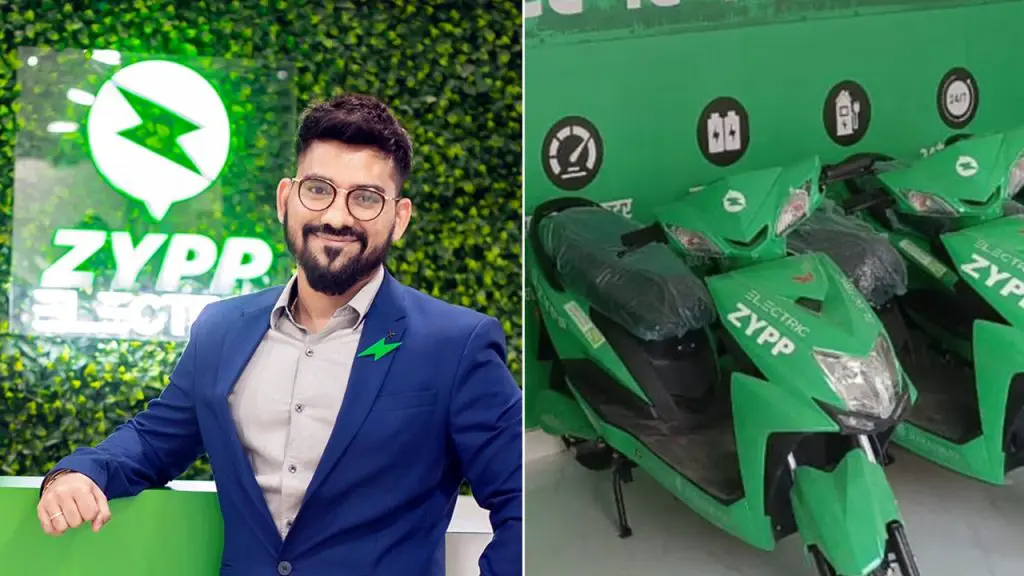Transportation has been a crucial part of everyone’s life and the way their lifestyles are aligned with it, whether it is commuting to work or going from one point to another for day-to-day chores for shopping, groceries or other needs. With around 590 million people expected to live in Indian cities by 2030, the demand for transportation will eventually go even higher.
The E-commerce boom has led to a spike increase in doorstep deliveries and mobility. This increasing mobility and logistics has impacted our urban ecosystem and has led to the serious challenge of rising air pollution and greenhouse emissions by traditional internal combustion engine (ICE)vehicles, it is crucial to address this and cater this transition to efficient and eco-friendly urban logistics and mobility
The gradual shift towards electric mobility is driven by a range of factors, including the country’s dependence on fossil fuels and the need to reduce carbon emissions in line with the 13th Sustainable Development Goal (SDG) for a cleaner and more sustainable future. One of the key strategies to achieve India’s goal of 100% electrification of two- and three-wheelers by 2030 is the adoption of EV-as-a-Service (EVaaS) models.
EVaaS adding thrust to last-mile urban transportation
In the last couple of years, the use of eCommerce and quick commerce across the urban belt of the country has increased dramatically. This, in turn, has increased the last-mile deliveries. Collectively, last-mile mobility and deliveries account for around 66% of daily trips in India.
While earlier individual drivers had to use their vehicles to make deliveries for different brands, the rise of the EVaaS business model offers a more sustainable and cost-effective alternative to traditional transportation solutions.
The EVaaS model addresses several challenges faced by companies and delivery drivers alike, especially in the urban landscape where travel distances are time-consuming. Fuel prices, particularly for petrol, have been steadily increasing.
It is indeed an additional burden on last-mile delivery operations and makes it difficult for drivers to maximize their earnings.
By providing an all-encompassing solution that includes access to EVs, charging infrastructure, and user-friendly in-app features, companies offering EVaaS are helping delivery partners boost their earnings while allowing their clients to enjoy cost savings and more streamlined deliveries.
Pacing towards a sustainable future
The EVaaS providers are leading the way in electrifying driver experience while making deliveries efficient. By leveraging the expertise in sourcing high-quality EVs from top manufacturers, building a widespread network of battery-swapping stations, and offering on-road assistance to delivery partners.
Moreover, the EVaaS model aligns with the government’s broader goals of reducing India’s carbon footprint and achieving net-zero emissions by 2070. By transitioning to electric vehicles, businesses can not only save on fuel and maintenance costs but also contribute to a cleaner and more sustainable environment.
As India continues to urbanize and the demand for transportation grows, the role of EVaaS is becoming increasingly important. Introducing the power of electric mobility in the delivery fleet, and using innovative service models for eco-friendly urban transportation will equip the nation to steadily move towards a greener and more prosperous future.
This article is authored by Akash Gupta, Co-Founder & CEO, Zypp Electric. All views are personal.

